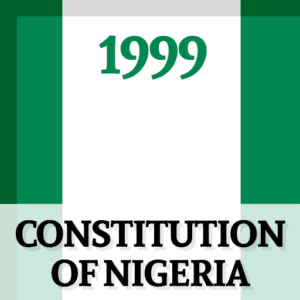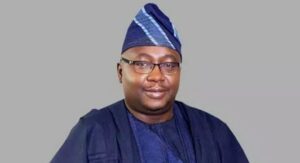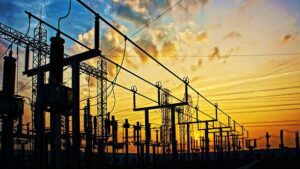
South-East: Constructing responses of engagement to douse storms of agitations
Nigeria’s South-East recently has become a seat of heat with forces of agitations taking toll of belligerent conflagration. The voice of agitations with socio-political undertones have continued to brew storms of disturbances which themselves have borne symbiotic forces, premising the rising of insecurity threats in the region. The scourge of such activities as kidnapping, arsons, and killings which have been accompanied with attacks on security formations have left situation reports in the region with heating resonance.
The campaign of the Independent People of Biafra (IPOB) which has grown to become a struggle with perceived threats against the Federation, is one wind gathering disconcerting cloud beginning to further reflect the perceived sensation of anarchy. The struggle is known to have assumed more bellicose dimension with the re-arrest of the leader of the secession seeking group, Nnamdi Kanu, and his repatriation to Nigeria for trial, June last year. Kanu is facing charges bordering on treasonable felony instituted against him by the Federal Government in response to years of campaign for the IPOB. Granted bail in April 2017 for health reasons but skipped bail after flouting some of the conditions given to him by the court, Kanu was since his departure from the Country declared wanted before his re-arrest, while IPOB was later declared a terrorist group by the defence headquarters with the south-east governors proscribing it. Running turbulence have been the thrust of the atmosphere in the South-East following the development.
Since Kanu’s detention and trial have attracted nothing but conflagration of aggression by supporters of the group, which recently have seen threats of sit-at-home campaign taking toll of actions, as kidnapping, attacks on security posts, police stations, correctional centres and other security facilities, among other security threats surge, the call for dialogue with the group and other agitating formations has been greeting the Federal Government from some quarters.
Contained in the new year message of the immediate past National Organising Secretary of the Peoples Democratic Party (PDP), Col. Austin Akobundu (retd), was a call on President Muhammadu Buhari to heed to exploring political solution and dialogue as a strategy to addressing rising agitation in the South-East geo-political zone. Akobundu who also called on leaders in the South-East to put aside all personal interests and embrace unity had said:
“I call on the federal government to immediately ease the tension in the South-East by heeding to demands for political solution and dialogue to address the issues agitating the people.
“South-Easterners are not violent but peace loving and very hardworking people who are mostly misunderstood. Moreover, the time has come for leaders of the South-East to put aside all personal interests and come together once more to find lasting solutions to the economic, political and social challenges facing our region. The South- East is blessed with abundant natural, and most importantly, a highly ingenious, inventive, hardworking and resilient human capital resources that when fully developed and harnessed, will guarantee the desired economic revolution in the region.”
Such calls would be considered not unusual, since it would be recalled how dialogue paid-off to secure and register a ceasefire from the turbulence of the Niger-Delta agitators at the wake of the struggle within the oil producing South-south region. The importance of leaning towards the parameters of effective conflict management system is pertinent for the Nigerian government. Such systemic approach remains sacrosanct to live up to the expectations of balancing structures within a heterogeneous setting, coloured with plethora of ethno-diversification attributes. It is observable that the disposition of the custodians of the power architecture in the Country to developing structural response to meet-up with the demands of growing complexities associated with the heterogeneous character of the Nigerian Federation amidst multiple societal distinctions is tardy, un-deliberate and uncoordinated. It has become pertinent for the Federal Government to work concertedly with all relevant Government and local authorities, among several other stakeholders, to optimally develop strategic responses to ideologically and provisionally address the rising uproar in the South-East region. Dialogue, pragmatically, may not have to be isolated out of the option. This is sacrosanct to douse the rising regional heat increasingly threatening the existence of the Federation.



